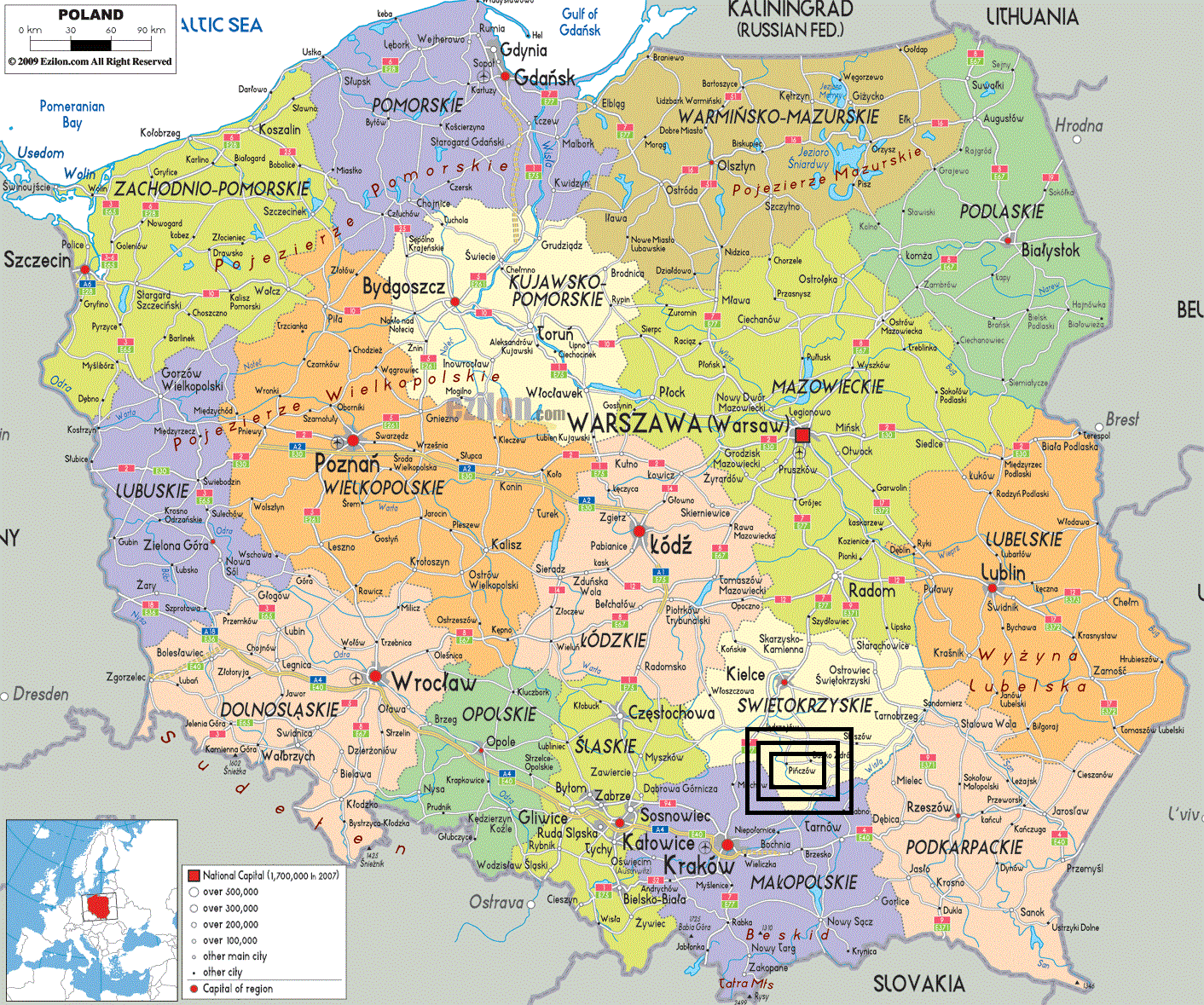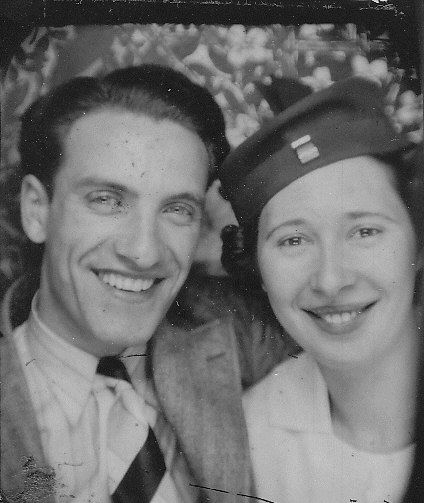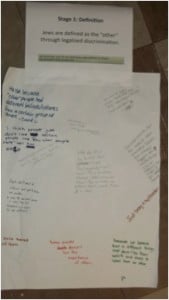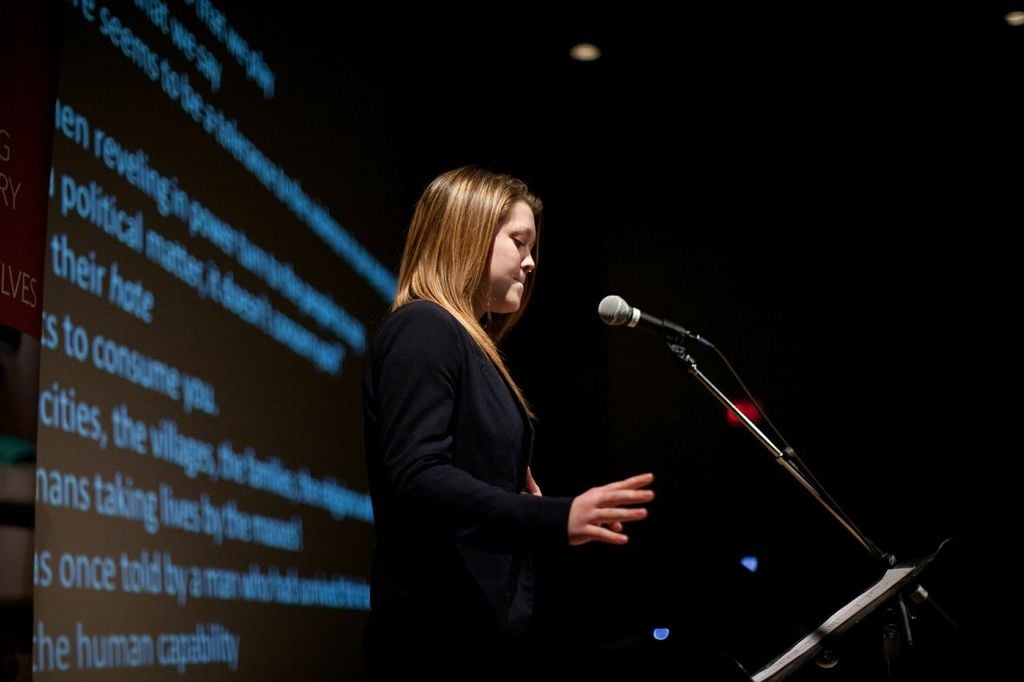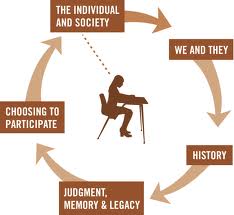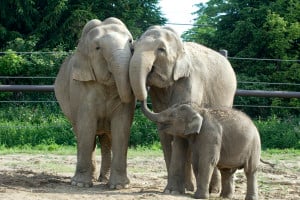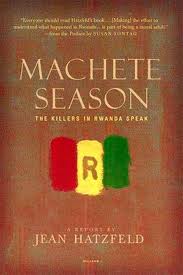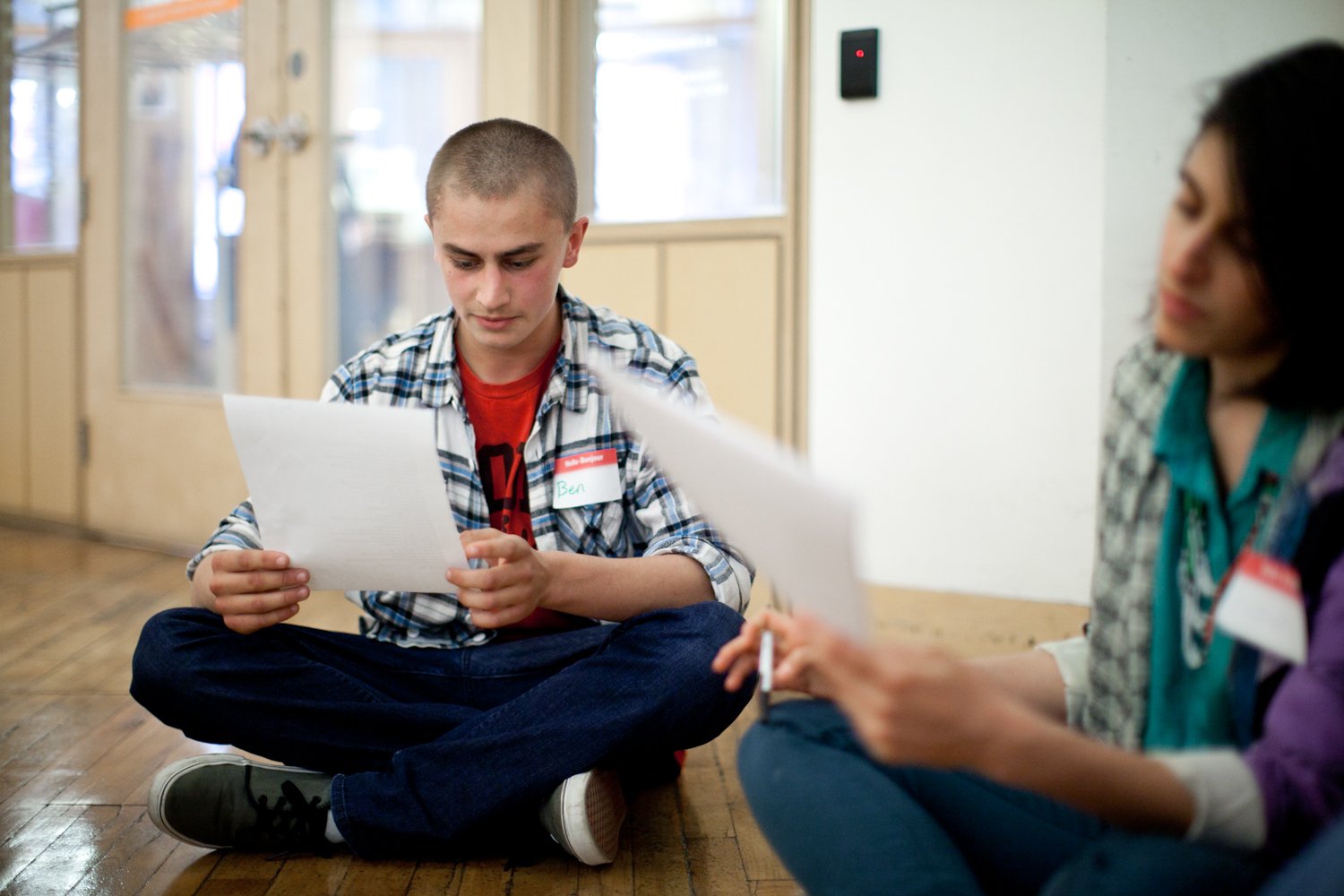This summer, Jack Lipinsky, along with 10 other Facing History and Ourselves teachers from Jewish day schools around North America, participated in a week-long study trip to central Poland. The trip was led by Facing History’s Director of Jewish Education Jan Darsa. It was sponsored by Polish non-profit The Forum for Dialogue Among Nations. His experiences, in particular his visit to the town of Pińczów, impacted him greatly.
Topics: Choosing to Participate, History, We and They, Culturally Responsive and Relevant Pedagogy, In the news, Personal history, reflection
I don't know much about the history of my dad’s family. I used to think that this was because there was not much known. I'm beginning to think differently. What I know about my dad’s side of the family is that my Zaida (grandpa) came in 1920 from what was then Ukraine (now Belarus) as a refugee via a camp in Romania. My Baba (grandma) came in 1914 as an immigrant with her aunt’s family from Ukraine, near Kiev. The legend of the family is that they were on the last boat before World War 1 broke out. My Zaida was a refugee from the same war that my Baba narrowly avoided. I know that after marrying, my Zaida served in World War II before starting a family. He had three children; two daughters and my father. There weren’t too many other details that I knew, especially about the family pre-World War II.
Topics: Choosing to Participate, Identity, History, legacy, Personal history, reflection
We know that it's not easy to teach about the Holocaust and genocide. For many the topic is very difficult and many students cannot wrap their heads around the scope and magnitude of how these mass murders could occur, particularly about the idea of how an entire nation could allow horrific events like this to happen. Creating that safe, caring classroom is essential in being able to have these difficult lessons. In a middle school classroom, these are essential conversations, as students at this age care and have a strong sense of fairness and justice.
Topics: Facing History Resources, History, Regent Park, Middle School, We and They, Strategies, Lesson Ideas, Holocaust and Human Behaviour, Social Justice
As the end of each school year draws near, I feel a great deal of frustration. As students are overwhelmed with culminating assignments or the decisions that they made about completing school work for the previous 9 months, the demands on the teacher expand exponentially as well. As I work with the Growing Success system and school programs such as student success and credit rescue, I struggle to ensure that the decisions that I make maintain the integrity of the course, give students the opportunities they deserve or need, and maintain the intent of the ideals of character education. I find this overwhelming.
Topics: Choosing to Participate, History, Genocide and Crimes Against Humanities Course, Holocaust and Human Behaviour, CHG
As you may have read in other blogs, the “Stand Up, Speak Out” event was an incredible evening of sharing and community. For me it served to exemplify, and personify, the Scope and Sequence of Facing History and Ourselves. On that evening, half a dozen of my students took the stage along with students from three other southern Ontario schools to perform their spoken word pieces. The performances were broken down into the five steps of the Facing History Scope and Sequence:
Topics: Choosing to Participate, Facing History Resources, Identity, History, Urban Education, project, We and They, Strategies, Culturally Responsive and Relevant Pedagogy, genocide, legacy, Genocide and Crimes Against Humanities Course, Holocaust and Human Behaviour, CHG, reflection
Finding space to create movement in our lessons is important for our kinesthetic learners. If we do not find ways to engage them, we can expect to lose them. Moreover, movement is important for all students. It wakes them up, energizes them, and an alert student is more likely to learn. What follows is a lesson that was developed with the help of Jasmine Wong, program associate for the Toronto Office of Facing History and Ourselves. It relies on the use of the Gallery Walk, thus getting students up and moving. The lesson was designed specifically to meet the expectations of locally developed Genocide and Crimes Against Humanities course, CHG38 (see expectations as listed in the Human Zoos Lesson plan), but can be tailored to most History courses.
Topics: History, Racism, We and They, Lesson Ideas
We always say that Canada is a young country, but that never hits home till you come to Europe. Here I am in Krakow, the old imperial capital of Poland, whose existence is first mentioned by a Jewish merchant in 965 CE. A city gradually grew on this important trade route near the important salt mines of Bochnia, which would eventually account for 30% of Poland's national income in the 15th and 16th centuries.
Topics: History, Memorial, Genocide and Crimes Against Humanities Course
After a year of learning about Genocide and Crimes Against Humanity, students gravitate towards complex and profound questions that are increasingly difficult to answer. In a setting that involves teaching at-risk youth, this type of engagement can be frustratingly elusive. The lesson (content wise) that I will share with you today is one that should not stand alone. This took place in class after having done 3 case studies, including Rwanda, and a unit on concepts of Justice and Memorial. I found that this lesson was very successful at engaging students of all stripes through particular stories of perpetrators to try to gain a better understanding of universal questions of guilt, responsibility, reconciliation, and justice.
Topics: Facing History Resources, History, Urban Education, Strategies, genocide, Genocide and Crimes Against Humanities Course, Lesson Ideas, big paper, CHG
It was a perfect evening. There was a palpable glow on the faces of my students. They were the faces of students who had been given something they didn’t know they had. The faces that say, “I did it…I delivered and I rocked!” The sense that they left the confines of their world and did something special…they accomplished something bigger than themselves. They shone as individuals. They lit up the room. While the Leafs and the Jays played, our students spoke. They spoke of the injustice, of hate, of isolation with the fresh eyes and raw passion that only youth can deliver.
Students from four schools speaking about things that touched them the most, issues that moved them. The "Stand Up, Speak Out" night put on by Facing History Toronto last month illustrated the power of youth and the spoken word. The night was a culmination of weeks of practice and mentoring by inspiring spoken word artists like Testament, Lishai Peel, and Shoolie. When they took to the stage and spoke their pieces, an auditorium of snapping fingers and applause rewarded them. Parents were proud, if not bewildered by the depth of their child’s thoughts and the weight of their words. Facing History’s “dynamic duo” Jasmine Wong and Leora Schaefer coordinated this event, its lead up, and the reception that followed. These two amazing educators created a seamless evening that left the audience inspired.
At the reception, our students met Nate Leipciger, a survivor of the Auschwitz concentration camp. When I told Ben, one of Waterdown’s student presenters that evening, he decided to introduce himself. Ben went over to pay his respects. When he returned from speaking with Mr. Leipciger, he couldn’t believe what he had told him. “That man survived the Holocaust and he said I inspired him,” Ben said.
When it was time to go, my students seemed to want to linger just a moment more. They were relieved and proud. They boarded the bus glowing and triumphant. The tests they will study for and the notes they take will pass into history. But this night will stay with them always. For what is education if not to give our young people a voice?
Find out more about the "Stand Up, Speak Out" project.
Bring it to your classroom: Five Facing History Resources That Use Poetry to Build Skills.
Topics: Facing History Resources, History
IWitness Archive Gives Voice to Holocaust Witnesses: Free Webinars and Student Contest
Facing History Offers IWitness Webinars for Teachers May 9 and May 14 2013
In May 2013, Facing History will offer two free webinars for educators on powerful ways to use the IWitness tool.
Topics: Events, History, Innovative Classrooms, Media Skills, Holocaust Education, Genocide and Crimes Against Humanities Course

